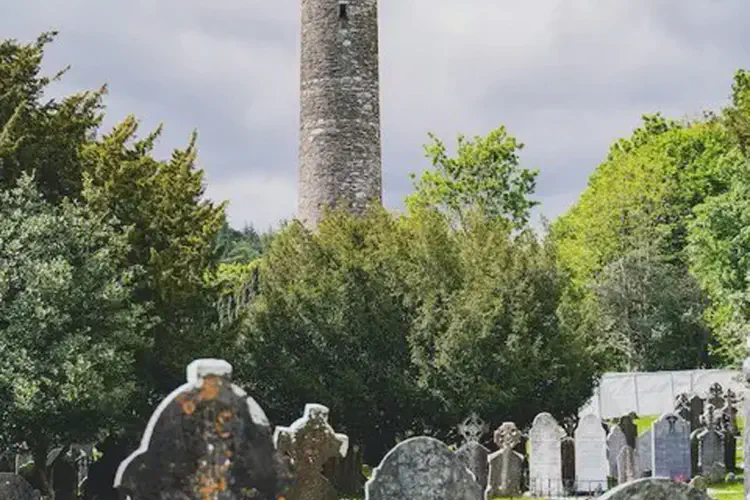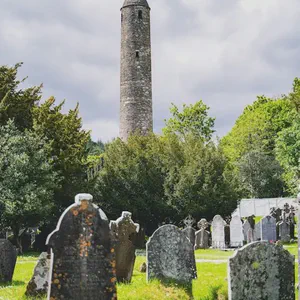
On Hearing of British Atrocities in Ireland, Soldiers of the Connaught Rangers Mutiny in Protest
On hearing of British atrocities in Ireland, soldiers of the Connaught Rangers mutiny in protest; three are shot dead; a fourth — Private James Daly — is court-martialled and executed by firing squad. He is the last member of the British Army to be executed for mutiny.
This event occurred in June–July 1920, during the Irish War of Independence. The Connaught Rangers, an Irish regiment in the British Army, were stationed in India at the time. Outraged by reports of violent repression by British forces back home — including the actions of the Black and Tans — a group of soldiers began a peaceful protest that quickly escalated into a mutiny. • The mutiny began in Jullundur (now Jalandhar), where soldiers refused duty and marched with Irish flags. • It spread to Solon, where a more serious confrontation occurred. • In Solon, British troops stormed the barracks. Three Rangers were killed. • Private James Daly, a 21-year-old from Tyrrellspass, County Westmeath, was identified as a leader of the Solon mutiny.
He was tried by court-martial and executed on November 2, 1920 — becoming the last British soldier to be executed for mutiny. His body was later repatriated to Ireland in 1970 and buried with full honours. The mutiny remains a powerful symbol of Irish nationalist sentiment within the ranks of the British Army.
